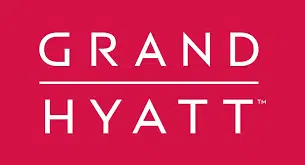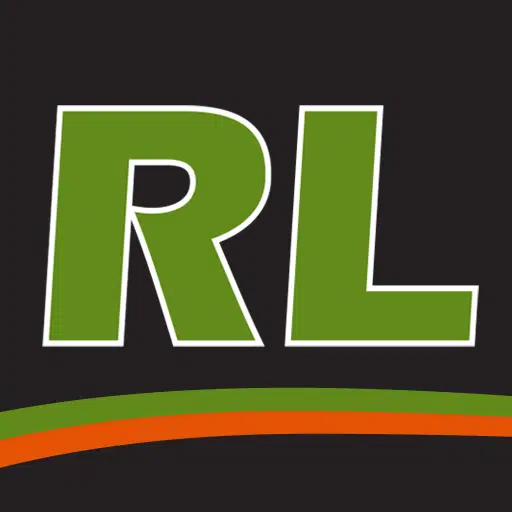Matsuda's Nursery Solves Labor Shortage with Innovative Workforce Initiative
Since 1957, Matsuda’s Nursery has been a staple of the Sacramento region’s horticultural landscape, supplying over 2.5 million plants annually to retailers like Green Acres Nursery and Supply (co-owner of Matsuda’s), Home Depot, and local contractors.
“At any given time, between propagation and the field, there are around 5 to 6 million plants—living organisms—we’re responsible for,” said Travis Gill, co-owner of Matsuda’s Nursery. “Our vegetable-growing greenhouse in Auburn alone sells 1.5 million vegetable and annual starts a year.”
Behind this massive operation is a team dedicated not only to growing exceptional plants, but to nurturing the people who help them thrive.
With approximately 150 full-time nursery workers and another 100 seasonal employees, Matsuda’s success relies on a committed workforce ready to meet the demanding challenges of greenhouse and field labor. From planting to weeding to harvesting under the sun, the job requires resilience, precision, and heart.
But even in an industry rooted in growth, Matsuda’s found itself facing a hiring drought.
“We went through a period when people were not looking for work,” said Ryan Wallace, General Manager at Matsuda’s. “It was a different pattern than we were used to.”
The Challenge: A Shortage of Seasonal Employees
Like many agricultural businesses, Matsuda’s traditionally depended on seasonal employees to supplement its full-time workforce. But the labor market began to tighten, with fewer people seeking these physically demanding roles. One challenge in particular, an overgrowth of weeds, highlighted the urgency of finding reliable full-time nursery workers.
“Two weeds turn into two thousand, then two hundred thousand, in about eight weeks,” said Gill. “If you can’t go through the field and get every last weed out, the job is not complete. Staying ahead of the weeds to maintain a clean nursery, in addition to all of the plant production work required, was affecting morale. When we brought on PRIDE Industries seven years ago, they showed up and did an incredible job. Now, you can’t find a weed in our fields.”
But it wasn’t just about weed control. Matsuda’s needed nursery workers who could integrate into their close-knit culture, where workers feel like a family and are dedicated to high standards.
The Solution: A Winning Partnership Takes Root
To address their staffing needs, Matsuda’s Nursery partnered with PRIDE Industries, a social enterprise creating employment opportunities for people with disabilities. PRIDE Industries provided supported work crews—teams of employees supported by embedded job coaches—who brought consistency, dedication, and enthusiasm to the nursery’s daily operations.
“What PRIDE Industries brought to the table is a consistent, solid crew that will show up and do any task you ask them to do—and do it day after day, correctly and efficiently, with a smile on their face,” said Gill.
The nursery quickly saw that this wasn’t just a staffing solution; it was a cultural fit. The PRIDE Industries job coaches played a crucial role, setting expectations, providing guidance, and ensuring that the PRIDE Industries employees worked seamlessly with the other nursery workers, so that together these two groups formed a single, productive workforce.
“The job coaches make the crew what they are,” said Irene Ramirez, Operations Manager. “They’re on time, they know what’s needed, they jump in. If something needs doing, they don’t wait—they take care of it. They’ve been doing an amazing job.”
Over time, with the weed issue resolved, the responsibilities of the PRIDE Industries crew expanded significantly.
“They started by tackling the weed issue,” said Wallace. “But now they’re helping us load flats for planting, supporting bare root production, and taking on more responsibilities every year. They’ve become a vital part of our operation.”
Many of the PRIDE Industries crew members have been with Matsuda’s since 2018, proof of both their dedication and the supportive environment Matsuda’s has cultivated.
The Results: A Stronger, More Inclusive Matsuda's
The impact of the partnership goes far beyond solving a shortage of nursery workers. It has elevated morale and supported the culture at Matsuda’s, while providing meaningful, stable employment for people with disabilities.
“These jobs mean everything for our PRIDE team members,” said Grant Murray, PRIDE Industries Workforce Inclusion Manager. “This means independence—being able to afford rent, groceries, and transportation. It gives our employees purpose and a deep connection to the work they do.”
For Matsuda’s, the benefits have been both personal and operational.
“The biggest thing from an ownership perspective is morale,” said Gill. “The energy that these employees bring every day is unmatched. They are so happy to be here and work alongside our other employees, and I did not see that as part of the equation when we decided to bring the PRIDE Industries crew in. It’s honestly been the greatest part of it all.”
From day one, the fit of this partnership was undeniable.
“What we have with PRIDE Industries is a partnership built on respect, trust, and shared values,” said Murray. “From the first meeting, it wasn’t just about getting a job done—it was about inclusion and believing in what’s possible when people are given the chance to thrive.”
Gill’s advice to other businesses is as straightforward as it is heartfelt.
“If you’re a business facing workforce challenges, I believe this kind of partnership is worth exploring,” he said. “What we’ve built with PRIDE Industries goes far beyond filling roles—it’s about finding people who care, who show up with purpose, and who lift the entire team. It’s been one of the most meaningful decisions we’ve made.”

“What PRIDE Industries brought to the table is a consistent, solid crew that will show up and do any task you ask them to do—and do it day after day, correctly and efficiently, with a smile on their face.”
— Travis Gill, co-owner of Matsuda’s Nursery


